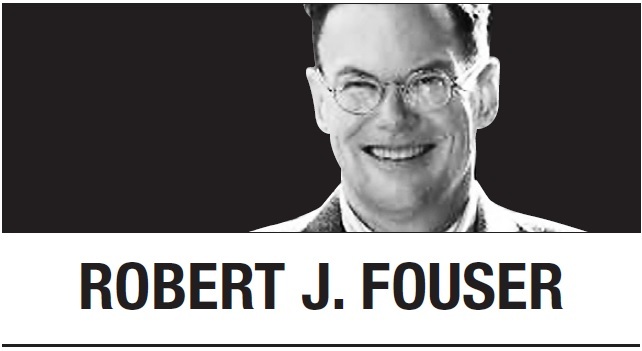
Soon, the pandemic will be 1 year old. What started out as a temporary response to a crisis has started to feel more permanent, like a “new normal.” Temporary measures adopted in a crisis are easier for people to accept because they are presumed to be temporary. People can hunker down and endure. A new normal, by contrast, creates winners and losers, and the losers often fight back out of desperation. In a pandemic, losers far outnumber winners, creating an inherently unstable situation.
As spring 2021 approaches, leaders and public health experts find themselves stuck between the mutating virus and an increasingly impatient public. Vaccine distribution is moving forward around the world but has not yet started in most countries. Faster vaccine distribution will slow the growth of mutant variants because the virus cannot mutate if it does not spread. Slow vaccine distribution risks the rise of more variants, some of which might reduce the efficacy of vaccines. This would necessitate the development of updated vaccines and booster shots, which would prolong the pandemic.
Meanwhile, public patience with pandemic-imposed changes is wearing thin. In the US, protests against school closures have started to spread as dissatisfaction with online distance learning grows. Economic distress has grown as support measures expired at the end of 2020. The new Biden administration has proposed a $1.9 trillion package of support and economic stimulus, but that will not become law until March. Many other countries have seen protests against lockdowns and growing complaints against slow vaccine distribution and other pandemic responses. Faster distribution of vaccines will reassure the public that the measures adopted to fight the pandemic will be lifted as the situation improves.
Spring 2021, then, is shaping up as a race against the mutating virus. By year’s end, vaccines may produce herd immunity in countries, mostly wealthy nations, with effective vaccination programs, but the pandemic may still be raging in poorer parts of the world that have been slower to vaccinate. Inequitable vaccine distribution will slow the end of the pandemic and prolong widespread social suffering.
To deal with this situation, the world needs a global response. This is where the COVAX Facility, a global initiative co-led by the World Health Organization, Gavi, the Vaccine Alliance and the Coalition for Epidemic Preparedness Innovations, comes in. With donations from governments, international organizations and corporations, the group aims to distribute 337 million doses of vaccine to 92 poor countries in the first half of 2021, enough for 3 percent of the population. By year’s end, the group plans to distribute enough vaccines to cover 20 percent of the population. Though impressive, that number is far short of the amount of vaccines needed to bring the pandemic under control. To its credit, South Korea has contributed $10 million to COVAX.
Nationalist and isolationist politics in many rich countries inhibit the development of a global response. In a tense political environment, politicians are afraid of appearing too “globalist.” The problem is most acute in the US in the wake of four years of Donald Trump’s turbulent presidency. Under Trump, the US planned to withdraw from the WHO in 2021 and did not contribute to COVAX. To his credit, President Joe Biden canceled the withdrawal on Jan. 21, the day after he was inaugurated, and the US has agreed to contribute to COVAX.
Growing impatience and pandemic fatigue exacerbate nationalist and isolationist tendencies. This is where leadership comes in. Leaders need to offer a clearer road map for bringing the pandemic under control. Restrictions need to be explained in terms of how they help that cause and when they can be lifted. Contributions to global efforts need to be explained as part of fighting the pandemic at home. They need to communicate frequently to keep rumors and sensationalism at bay. Above all, they need to rally the public with optimism based on a steady flow of positive developments.
Robert J. Fouser
Robert J. Fouser, a former associate professor of Korean language education at Seoul National University, writes on Korea from Pawtucket, Rhode Island. He can be reached at robertjfouser@gmail.com -- Ed.









![[Kim Seong-kon] Democracy and the future of South Korea](http://res.heraldm.com/phpwas/restmb_idxmake.php?idx=644&simg=/content/image/2024/04/16/20240416050802_0.jpg&u=)









![[Today’s K-pop] Zico drops snippet of collaboration with Jennie](http://res.heraldm.com/phpwas/restmb_idxmake.php?idx=642&simg=/content/image/2024/04/18/20240418050702_0.jpg&u=)